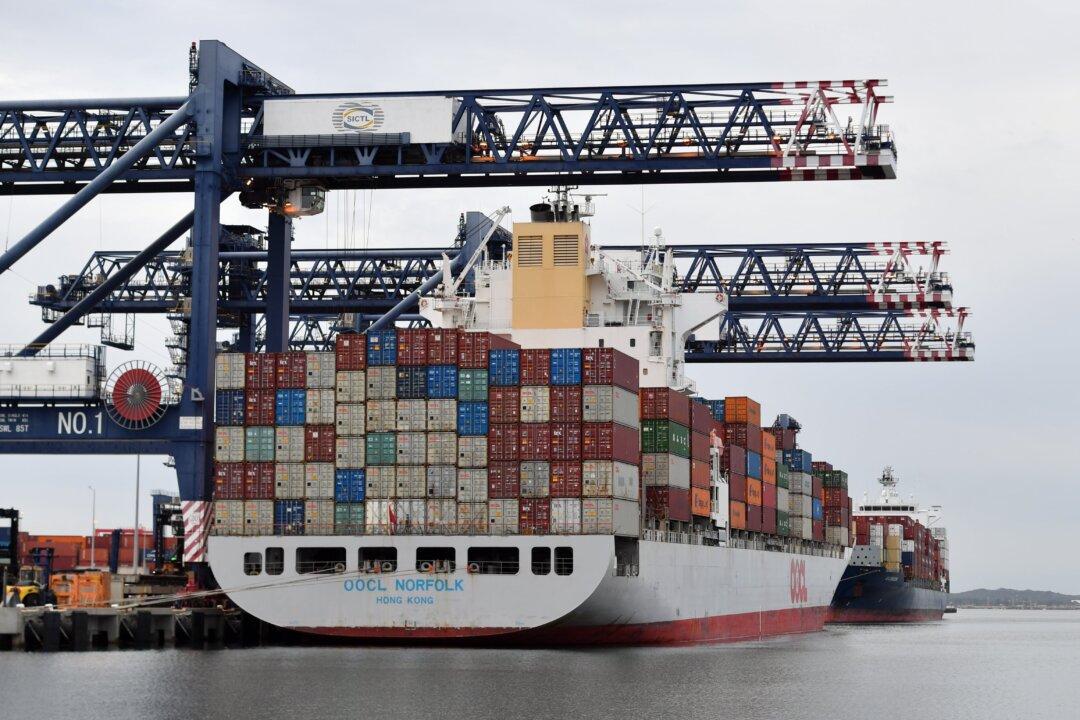The Maritime Union of Australia (MUA) has called comments by the Australian consumer watchdog in its report on port delays an “unhelpful and inaccurate intervention,” adding that it was not their place to comment on workers’ pay disputes.
The Australian Competition and Consumer Commission (ACCC) noted in its report on Nov. 4 that industrial action and restrictive work practices have further disrupted the supply chain and exacerbated delays.





